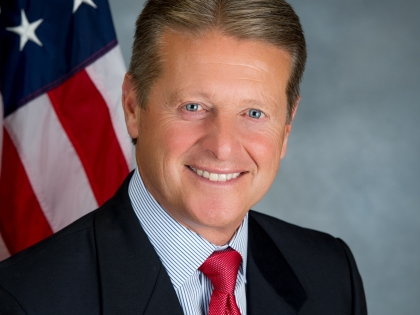
Senator Gallivan says Legislation Will Provide Leave for Troopers Involved in Critical Incidents
Jim Ranney
June 16, 2025
-
ISSUE:
- NYS Police

Senator Patrick M. Gallivan, (R-C, Elma) announces the State Senate and Assembly have passed legislation that would establish a policy to provide paid leave to members of the New York State Police involved in critical incidents that result in the serious injury or death of another person. Senator Gallivan, a former Trooper and Sheriff of Erie County, co-sponsored the bill.
The policy would apply to Troopers involved in incidents where deadly physical force is necessary and justified.
“No law enforcement officer wants to be involved in such critical incidents, but unfortunately they do happen,” said Gallivan, a former Trooper and Sheriff of Erie County. “Even when use of force is justified, officers can struggle physically and emotionally by the decisions they are required to make in the line of duty. They deserve the opportunity to take time following an incident to address any issues that may result.”
Under current law, there is no guaranteed opportunity for Troopers to take leave after being involved in a use of force incident. The legislation would provide at least 20 days of paid leave for State Police members whose actions cause serious physical injury or death of another person.
“Troopers by nature put others first, sometimes risking their own physical and mental well-being to ensure they fulfill their mission to keep all New Yorkers safe,” said New York State Troopers PBA President Charles W. Murphy. “This legislation would ensure that in acting selflessly and bravely to protect others, Troopers are not forced to deal with the added stress of returning to work before they have had time to fully process the aftereffects of critical incidents. We applaud the Assembly and Senate for their swift action on this important bill and will work with the governor to ensure our members have the supports they need to give their all every single day.”
The legislation now goes to Governor Hochul, who must decide whether to sign it into law.
-30-



